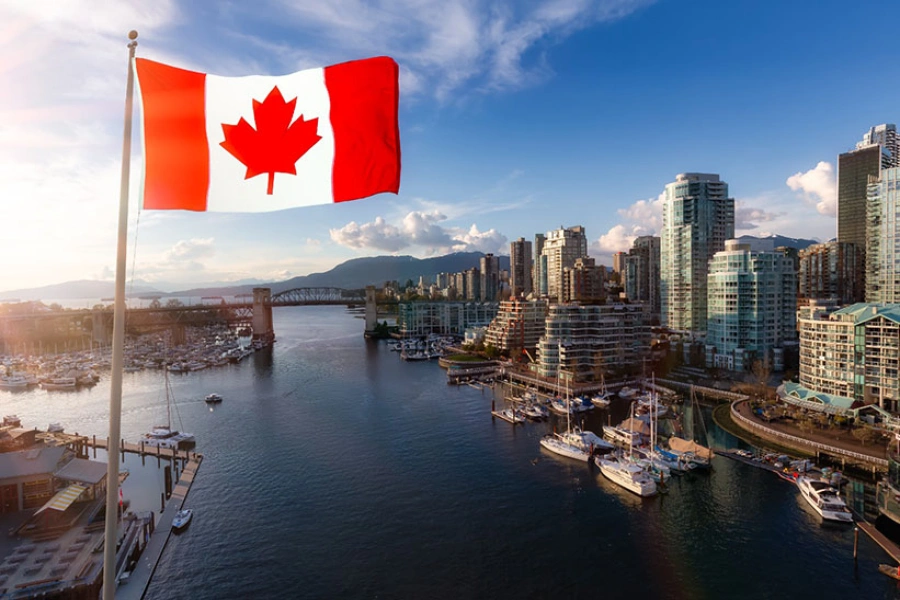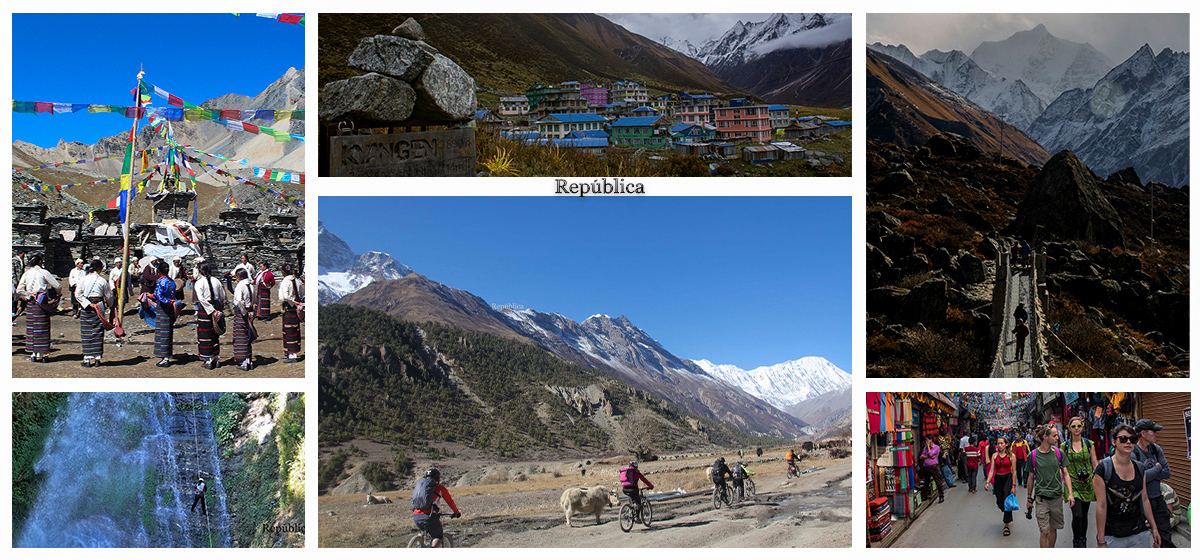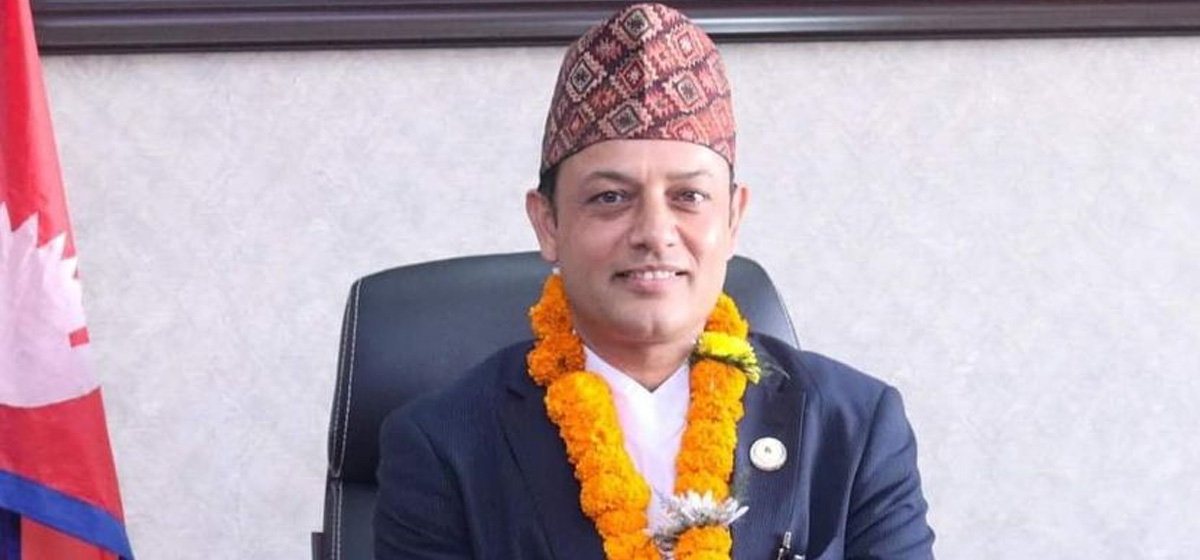The recent decision of the Civil Aviation Authority of Nepal (CAAN) to temporarily close the operation of Tribhuvan International Airport for 10 hours daily to facilitate runway expansion has presented a golden opportunity for international airlines operating flights to Nepal to take undue advantage of the situation. Despite understandable reduction in the number of flights, most airlines have resorted to exorbitant fare hikes, clearly indicative of cartel-like behavior. It is reported that only about 70 percent of flights are operating after the TIA closed its operations for 10 hours a day starting November 8. While the temporary closure may have necessitated adjustments in flight schedules, it does not justify the substantial increase in airfares. When the number of flights is limited, not all passengers may get tickets on their desired date. Yet, this does not necessarily justify a price hike unless there is carteling among airlines and travel agencies. The issue is not just the reduction in flights but also the lack of a strong regulatory body to manage the situation. The exorbitant rise in fares—more than 100 percent of the usual price —clearly points to cartel practices, and the government regulatory body must take strong action to dismantle this cartel.
In a recent meeting convened by CAAN, all airline operators agreed to declare and publicly disclose their sector-wise price ranges and average fares. Additionally, airlines companies agreed to implement measures such as limiting ticket volume to travel agencies and setting fair service charges. Despite the agreement, there has not been any meaningful reduction to the air fare. On one hand, securing tickets has become difficult, while on the other, passengers are forced to buy tickets at inflated prices once they become available. Currently, a flight ticket from Delhi to Kathmandu, which should cost around Rs 12,000 to Rs 15,000, is priced at Rs 45,000 to Rs 50,000. Similarly, tickets to Doha, which should cost around Rs 40,000 to Rs 45,000, are now priced between Rs 80,000 and Rs 85,000. The unreasonable fare hike is not caused by a shortage of planes but by airlines deliberately making tickets available at two to three times the normal price through travel agencies, which only offer higher-priced tickets. This clearly indicates that airlines intend to push passengers into buying more expensive tickets, regardless of the circumstances.
Govt stands tough against cartel on Arniko Highway

Representatives of at least 15 airline service providers, including the national flag carrier Nepal Airlines and international airlines like FlyDubai, Indigo, Korean Air, Turkish Airlines, and Air India, participated in the discussions in the meeting convened by the CAAN. The civil aviation regulatory body instructing airlines to reduce fares is a step in the right direction. The relevant government bodies must ensure that neither airlines nor travel agencies exploit the situation by charging unreasonably high prices. TIA’s expansion is necessary and this will eventually benefit airlines operating to this destination as they will not have to hold their aircraft for an extended period in the sky. Therefore, the airline companies must desist exploiting the situation for undue profit and maintain reasonable fares. The government must prioritize the interests of the traveling public and ensure that air travel remains accessible and affordable. By cracking down on airfare cartels and implementing effective regulations, the CAAN as a regulatory body can protect consumers from unfair practices and restore public trust in the aviation industry.







































